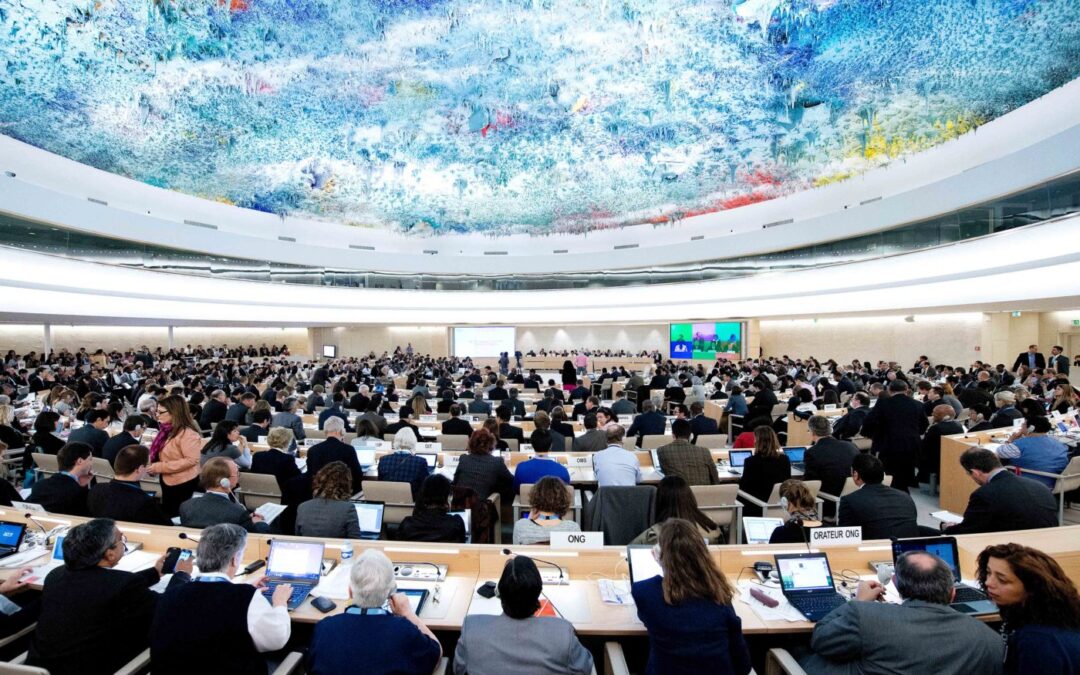
Sep 21, 2021 | Advocacy, Non-legal submissions
The ICJ expressed concern today at the use of abductions in national security cases in Turkey and the enduring impunity for enforced disappearances in certain Latin American countries, during the interactive dialogue with the UN Working Group on Enforced and Involuntary Disapparances at the UN Human Rights Council.
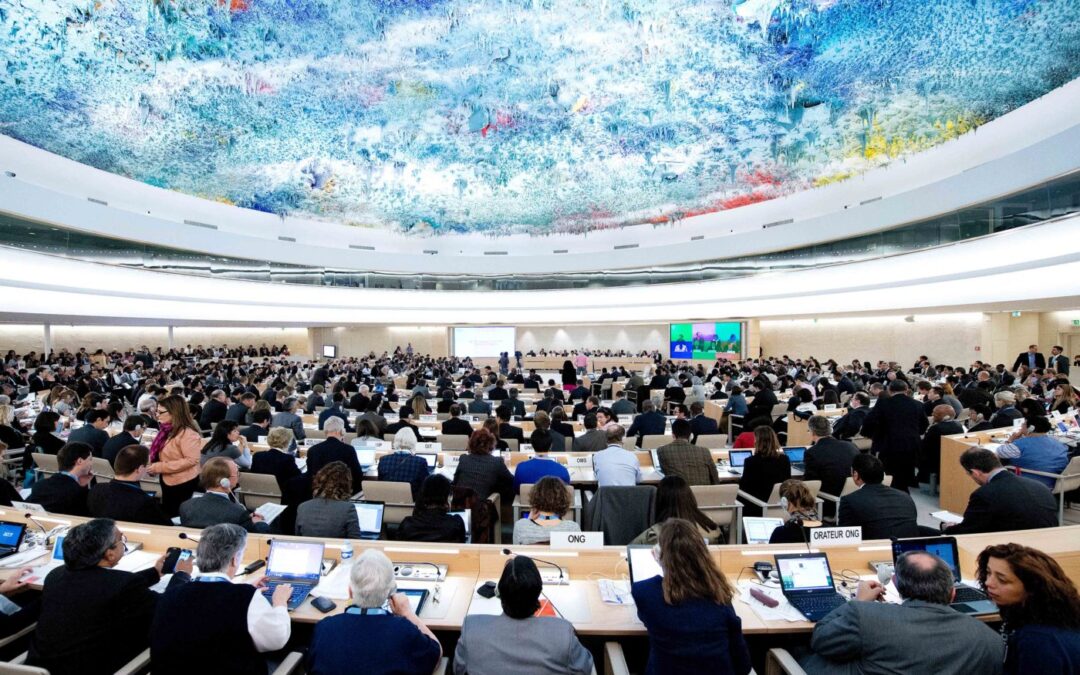
Sep 21, 2021 | News, Work with the UN
United Nations Human Rights Council member states, including Libya, should continue to support the Independent Fact-Finding Mission on Libya by renewing its mandate during its 48th session, which began on September 13, 2021, seven human rights organizations said today.
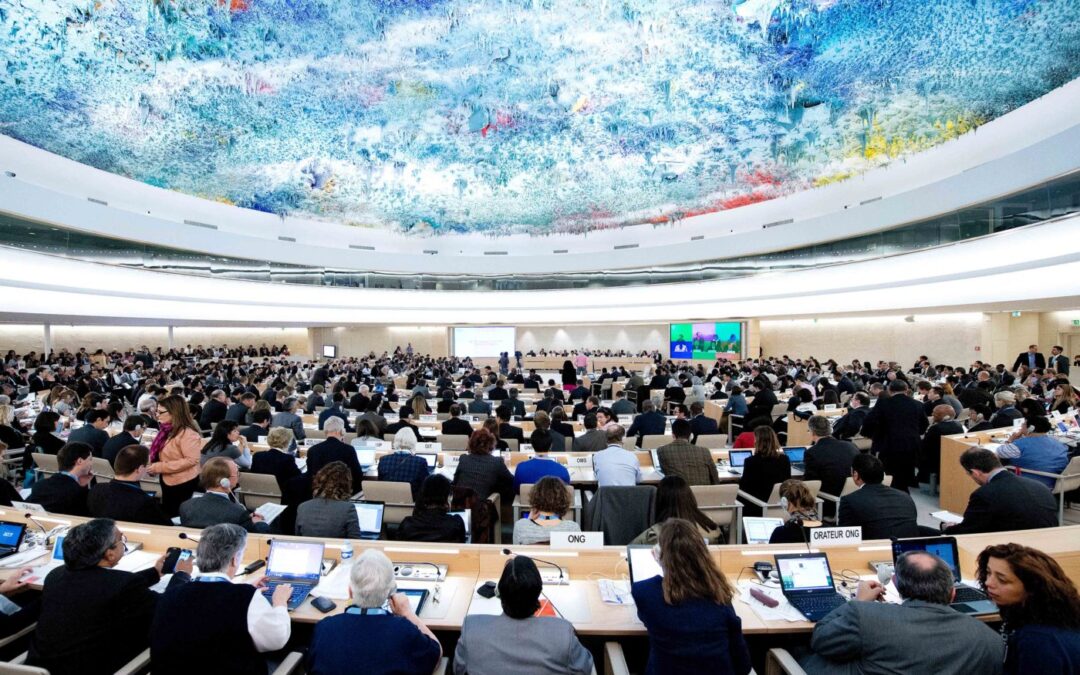
Sep 17, 2021 | Advocacy, Non-legal submissions
The ICJ warned the UN Human Rights Council of the dramatic deterioration of women’s and girls’ rights in Afghanistan and called it to act by establishing a monitoring and investigative mechanism.
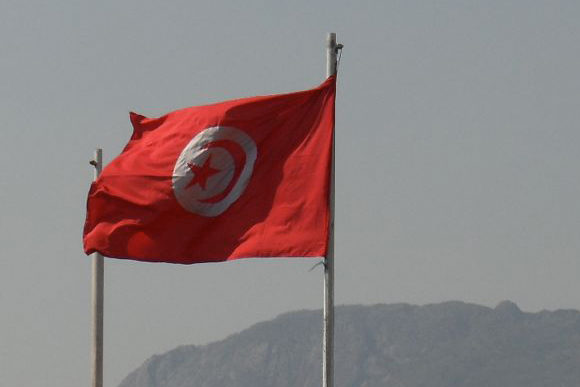
Sep 16, 2021 | Advocacy, Non-legal submissions
The ICJ, together with the World Organisation against Torture (OMCT) and Avocats Sans Frontiers (ASF) delivered today a statement before the UN Human Rights Council during the interactive dialogue with the Special Rapporteur on the promotion of truth, justice, reparation and guarantees of non-recurrence on the situation of accountability for gross human rights violations in Tunisia.
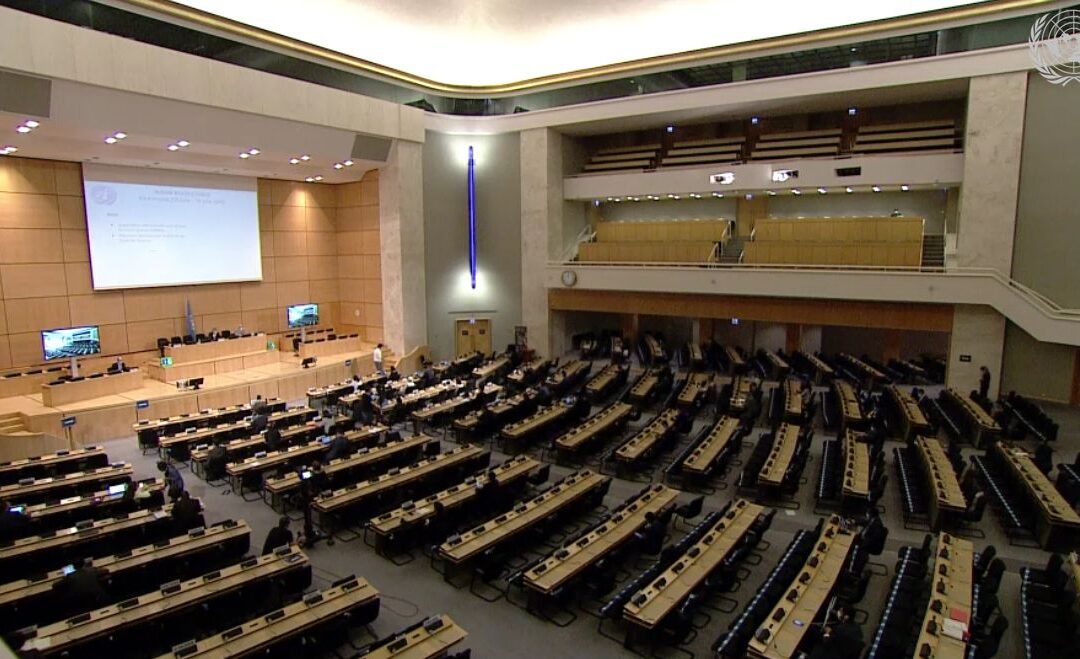
Sep 15, 2021 | Advocacy, Non-legal submissions
At the UN Human Rights Council, the ICJ today raised the attention of UN Member States to the dire situation of human rights and lack of accountability in Afghanistan, Sri Lanka and Venezuela.









